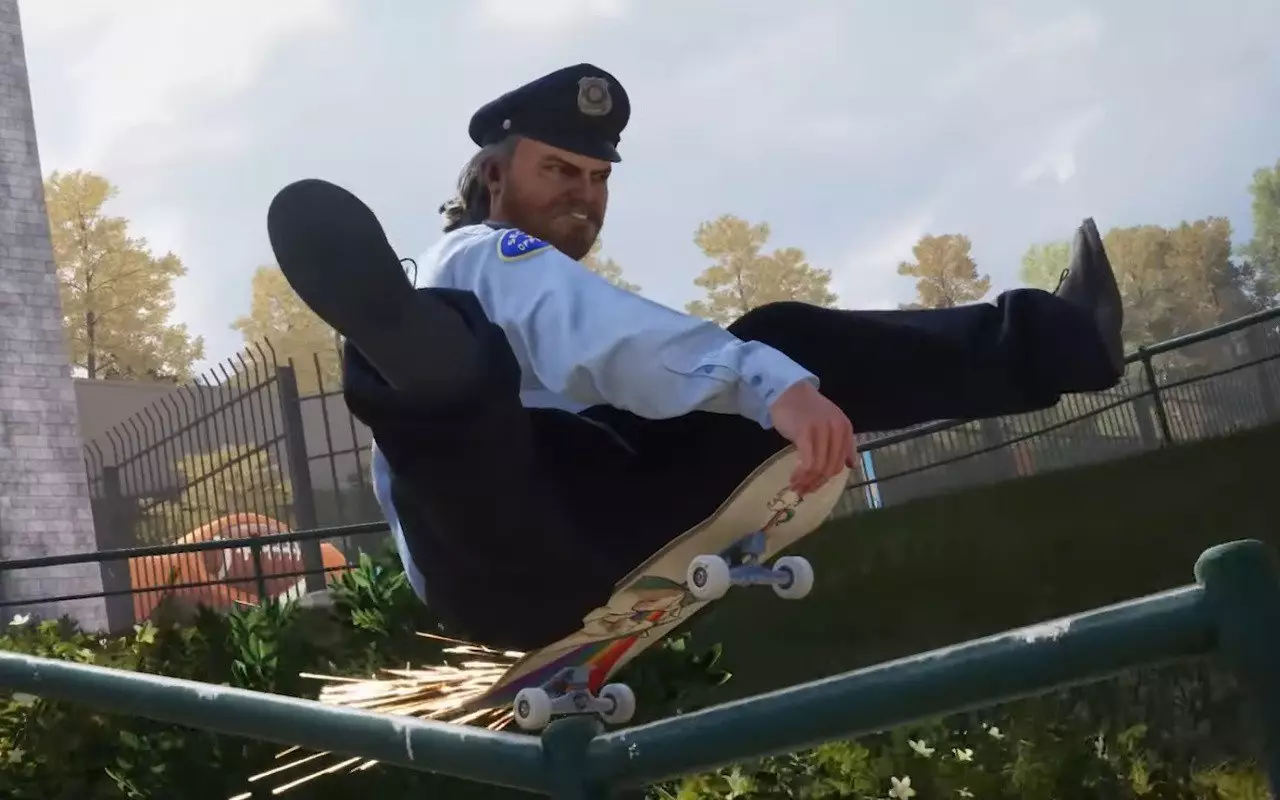The recent re-release of Tony Hawk’s Pro Skater 3 + 4 marks a pivotal moment in the franchise’s legacy, blending cherished memories with contemporary update strategies. While nostalgia permeates every skateboard trick and level design, the soundtrack—often considered the heartbeat of the series—becomes a contentious focal point. The shift to introduce new artists and songs signifies a deliberate effort to serve both older fans and new audiences, but it also raises questions about authenticity and the importance of preserving musical identity rooted in the original experience.
In the eyes of many devoted fans, the soundtrack of the original series wasn’t just background noise; it was an essential component that shaped the cultural ambiance of skateboarding during the early 2000s. Removing or altering classic tracks may alienate longtime enthusiasts, but the developers and Tony Hawk himself argue that this strategic refresh aims to keep the series relevant. It’s an intriguing gamble, aligning with a broader trend of newer gaming generations prioritizing diverse, eclectic soundscapes rather than relying solely on nostalgia.
The Artistic Intent Behind Musical Curation
Tony Hawk’s candid remarks reveal a nuanced philosophy: the selections are guided by a desire to introduce players to uncharted musical territories rather than simply rehash the familiar. While fans may be disappointed that favorites like Alien Ant Farm’s “Wish” are absent, Hawk emphasizes that curatorial decisions are made with a broader vision in mind—fostering discovery and supporting emerging artists. It’s a balancing act of respecting tradition while championing innovation.
This approach embodies a tension inherent to franchise revitalization. On one hand, there’s undeniable value in preserving the sonic signature that once defined the series. On the other, evolving the soundtrack aligns with the natural progression of music culture. Hawk’s perspective suggests that a game’s soundtrack should be a living entity—one that adapts to current musical trends and incorporates new voices, thus enriching the overall gameplay experience. Critics may see this as diluting the authenticity, but supporters could argue it keeps the franchise fresh and connected to contemporary musical tastes.
The Influence of Industry and Personal Choice
Hawk’s acknowledgment of the influence from the development team underscores a vital reality: creative decisions in modern gaming are rarely made in isolation. While fans may see the inclusion of certain songs as a personal choice by Hawk, these selections are often the product of multiple layers of decision-making, including licensing, marketing considerations, and artistic direction.
The inclusion of newer skaters like Chloe Covell and Rayssa from Brazil signals an intention to diversify representation and showcase global talent. Additionally, the late-stage addition of personalities like Bam Magera exemplifies how personal relationships within the skate community influence roster choices. This personalization lends authenticity not just to the gameplay but also to the overall cultural tapestry the game strives to portray.
Yet, these choices also reflect a conscious effort to modernize the franchise’s image, appealing to a broader, more eclectic audience. The refusal to blanket the soundtrack with the hits of yesteryear intentionally propels the series into a new era, even if it risks alienating purists who value the original’s sonic consistency.
Critical Reflection: Is Change an Upgrade or Dilution?
The ongoing debate surrounding the soundtrack’s evolution echoes a deeper conversation about legacy and progress. Is the franchise updating itself for growth, or inadvertently watering down its identity? While innovation is vital for any long-standing series, it should not come at the expense of core elements that made it iconic.
Tony Hawk’s approach appears to walk this tightrope carefully. His rationale—introducing fresh music to keep the game engaging—resonates in a broader cultural context where music and gaming are more intertwined than ever. Yet, it invites skepticism: Can the new soundtrack truly replace the spirit of the original? Or does it simply betray the nostalgic soul that once defined the series?
Ultimately, whether one perceives this as a bold step forward or a misstep depends heavily on personal valuation of authenticity versus innovation. For new players, the modern soundtrack might be an exciting gateway to discovering underground and emerging acts. For veterans, it might feel like losing a piece of childhood. Both viewpoints hold validity, and the series’ success in navigating this terrain will determine its ability to evolve without losing its core essence.

